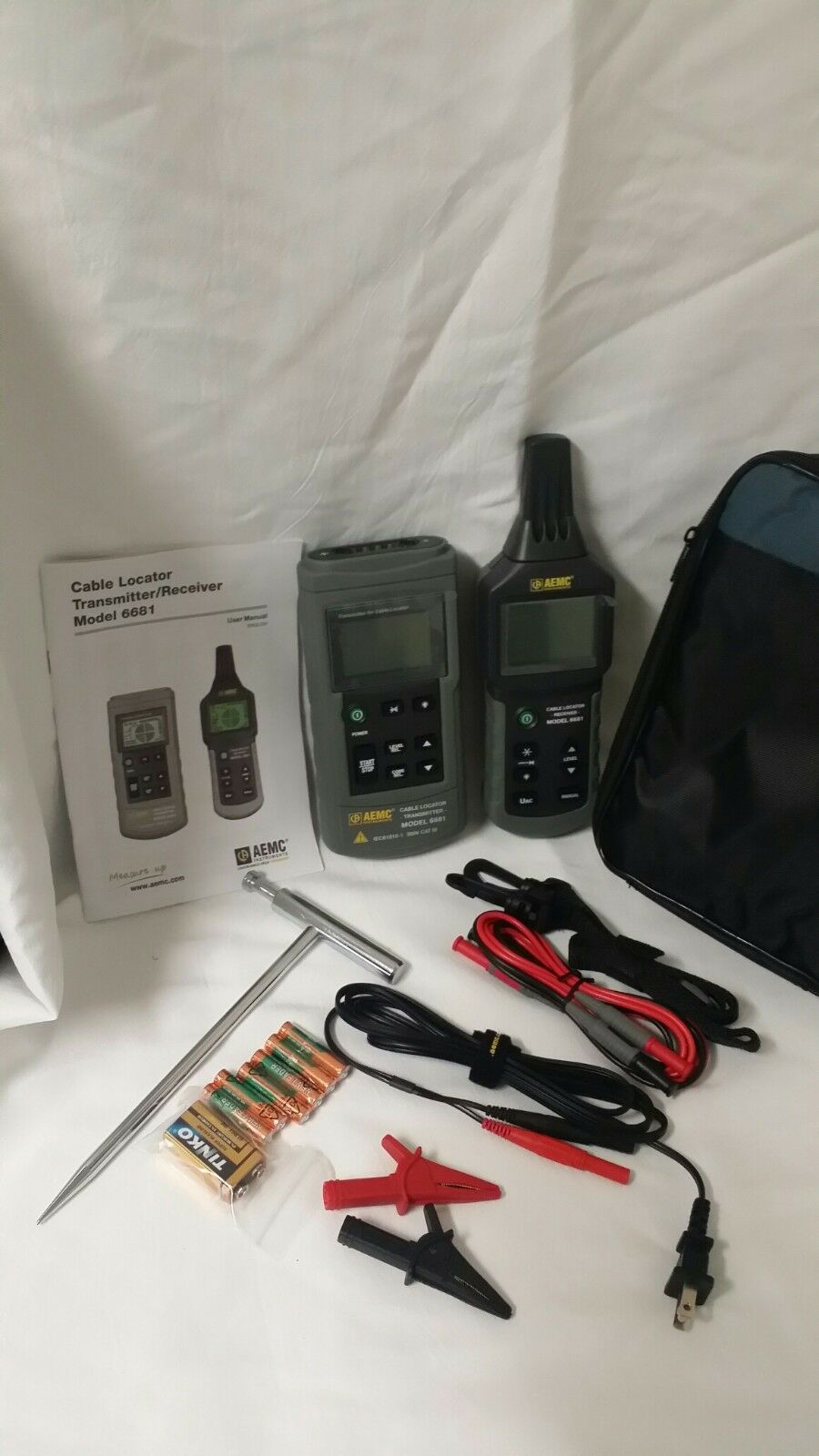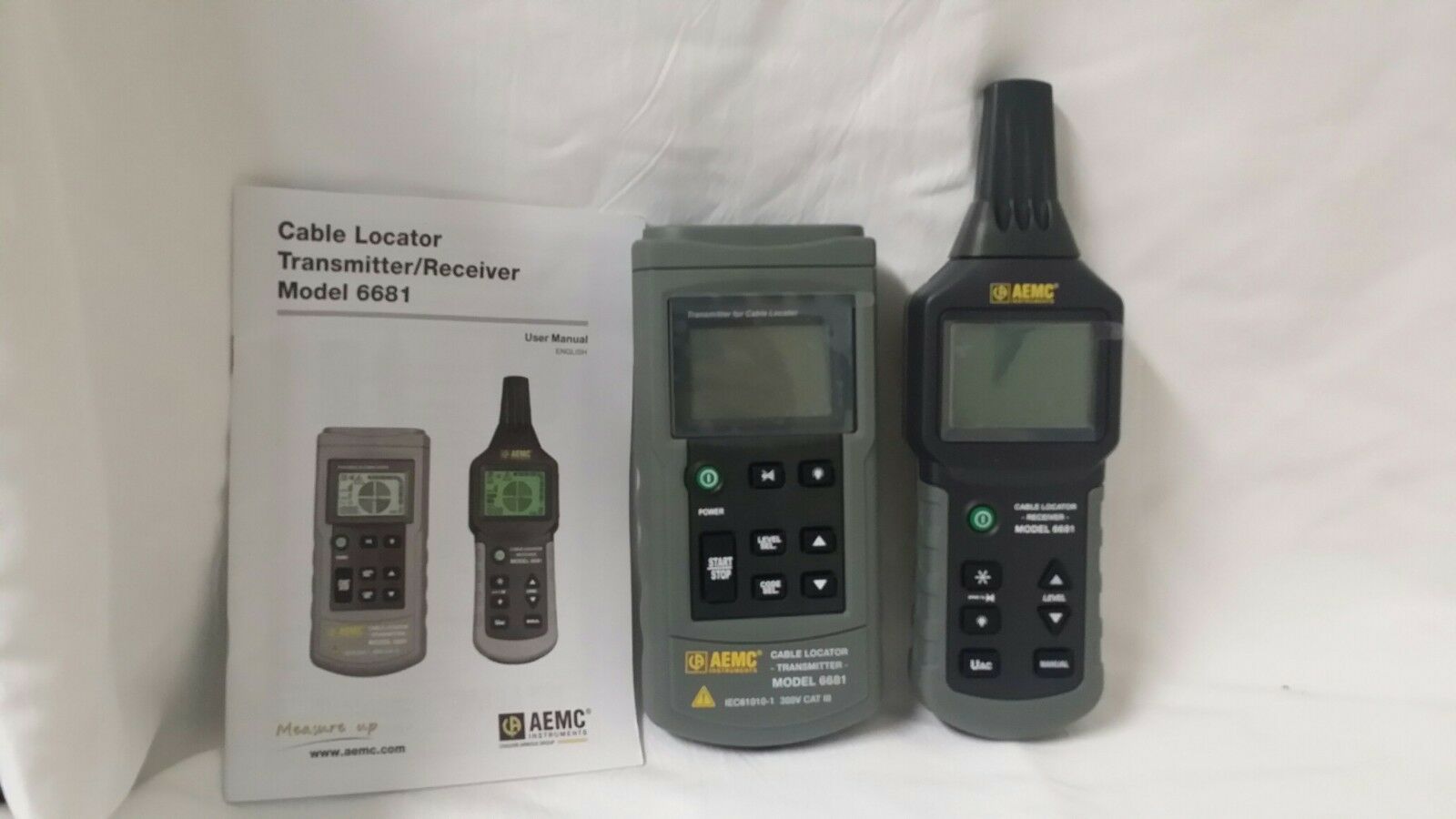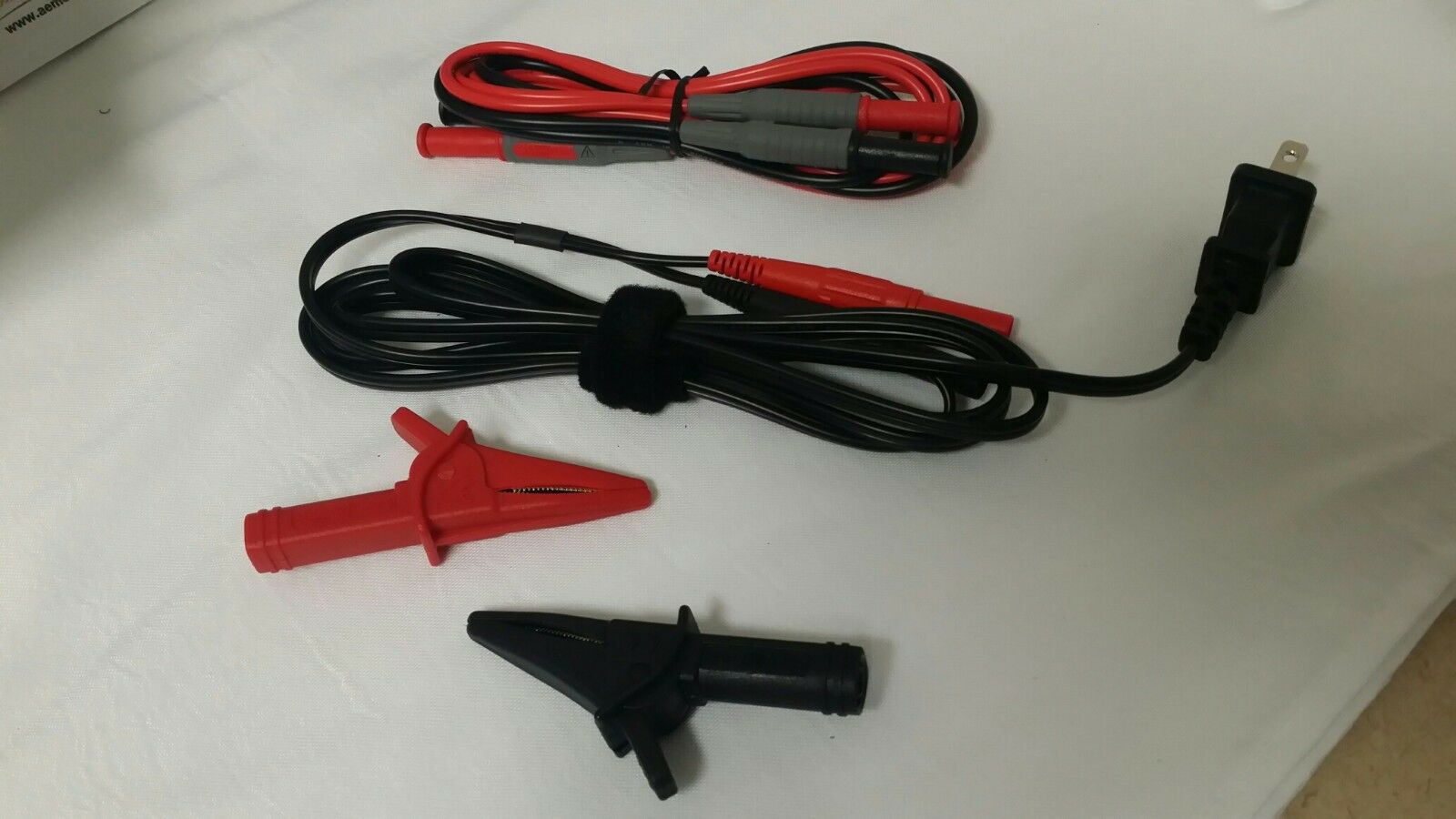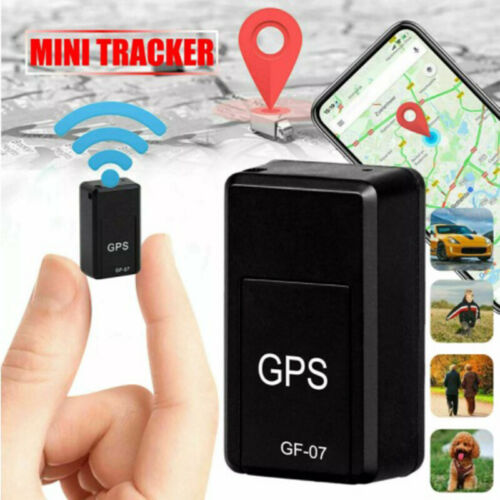-40%
" NEW " AEMC #6681 Cable Locator Transmitter/ Receiver-"IN STOCK NOW"
$ 211.19
- Description
- Size Guide
Description
The AEMC Cable Locator Model 6681 detects buried (in ground or in walls) telecommunications cables, electric power and other cables, and metal pipes, during modification or maintenance work on installations of category III (or lower), at voltages of 300V (or less) with respect to ground. The system can locate open circuits, shorts, track cables and locate fuses or circuit breakers. The 6681 is a portable system that includes a transmitter, a receiver, and accessories. The transmitter and receiver both have a large back-lit LCD and large keys.The transmitter applies a modulated AC to the circuit that is to be located, which creates a proportional alternating electric field. The transmitter is also an AC/DC voltmeter; the display of the measured voltage is accompanied by a symbol warning of the presence of a voltage. In addition, the transmitter has a self-test function, indicating good transmission between transmitter and receiver. Both the transmitter and receiver units include a flashlight feature that assists the operator when working in dark unlit areas.
The receiver features a sensitive sensor that generates a display proportional to the electric field detected. The variations of this signal, after decoding, processing, and shaping, enable the user to determine the location of underground cables and pipes, and detect any faults in them. The receiver also includes a buzzer that changes pitch as a function of the strength of the detected signal.
Product Features:
Operates in both single-pole and two-pole modes.
Locates and traces hidden cables.
Detects and locates line breaks.
Detects faults in floor radiant heating systems.
Detects constricted sections of non-metallic pipes.
Detects circuit breakers/fuses.
Detects short circuits.
Backlight and flashlight functions.
Compliant with standards electrical safety standard EN 61010-1 and electromagnetic compatibility standard EN 61326-1.
Applications
Detect breaks in conductors in walls or under a floor.
Detect faults in a floor radiant heating system.
Find constricted sections in pipes made from non-conducting materials such as plastic.
Locate metallic water pipes and heating radiators.
Identify branch circuits on the same floor.
Perform underground circuit tracing.
Detect circuit breakers and fuses.
Find short circuits.
Sort and identify conductor pairs.
Measures line voltage.







